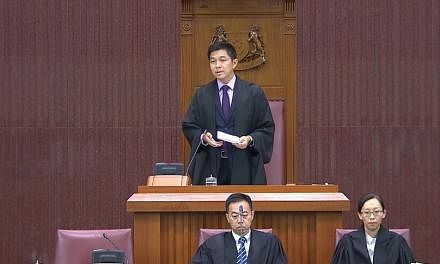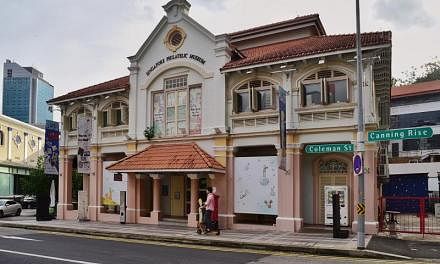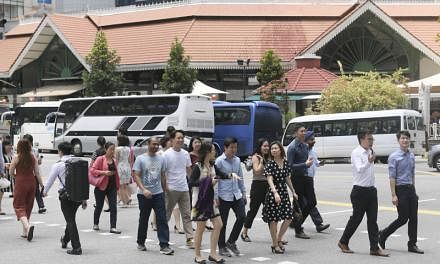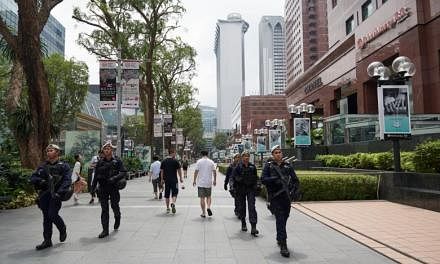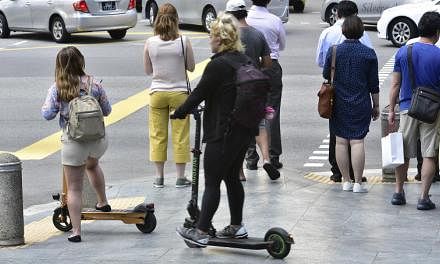SINGAPORE - The unexpected surpluses which the Government has accumulated in the last few years are due mostly to "volatilities and uncertainties in revenues and expenditures", Finance Minister Heng Swee Keat said on Thursday (Feb 28).
They are not due to the introduction of Temasek Holdings into the Net Investment Returns Contribution (NIRC) framework, said Mr Heng, in response to Workers' Party MP Pritam Singh's earlier suggestion that this was the case.
Mr Singh (Aljunied GRC), in exploring ways to fund a permanent and universal senior citizen healthcare package he proposed in Parliament on Tuesday, mentioned the addition of Temasek into the NIRC since 2016, which he said explained the "healthy accumulated surplus" the current term of government had accrued.
Mr Heng, in his wrap-up of the 2019 Budget debate, said this was not the case. Rather, it was the volatilities and uncertainties in revenues and expenditures that accounted for most of the surplus.
He pointed out that forecasting is an inherently difficult exercise, and some revenue items are volatile, especially those dependent on sentiment-driven markets, such as stamp duty or vehicle quota premiums.
For instance, in the 2018 financial year ending March 31, 2019, the Government had estimated that stamp duty collections would be lower because of property market cooling measures. But the property market defied expectations, he added.
On the expenditure side, there can also be "surprises", Mr Heng said, referring to the two-year suspension of the Kuala Lumpur-Singapore High Speed Rail project.
These factors contributed to an overall Budget surplus of $2.1 billion projected for FY2018, a $2.7 billion increase from the $0.6 billion deficit that was forecast a year ago.
Said Mr Heng: "While the Government's approach is to look ahead, plan ahead, and prepare for the unexpected, it seems that Mr Singh would prefer to look backwards to find unexpected revenue upsides, and count on them to keep happening."
He added: "I am afraid such an approach of hoping for the best is not how we secure Singapore's future."
Mr Heng said that while there is room for improvement, the accuracy of the Government's revenue and expenditure projections has been reasonable, and respectable by international standards.
Actual revenue and expenditure figures have generally been within plus or minus 4 per cent of original estimates, he noted.
He also replied to Mr Singh's question two days ago about how borrowing will impact revenues available for future recurrent spending.
Clarifying that it does not, Mr Heng said: "Borrowing does not create new revenues for recurrent spending. It merely converts a concentrated lump of spending in a few years into a smoother stream of loan repayment with interest..."
He added: "In fact, it is irresponsible for a government to borrow to spend on recurrent needs such as healthcare and security. Such borrowing shifts the burden of paying for today's needs onto future generations."


